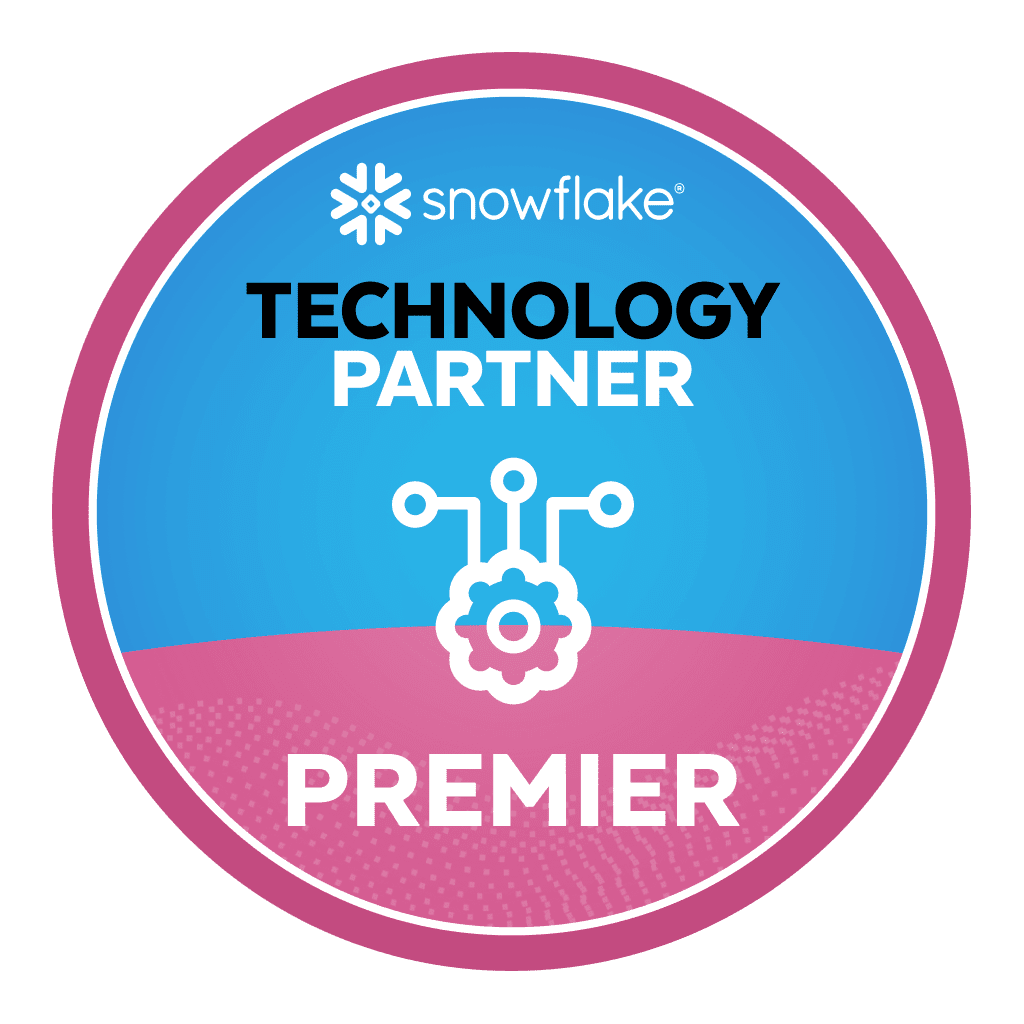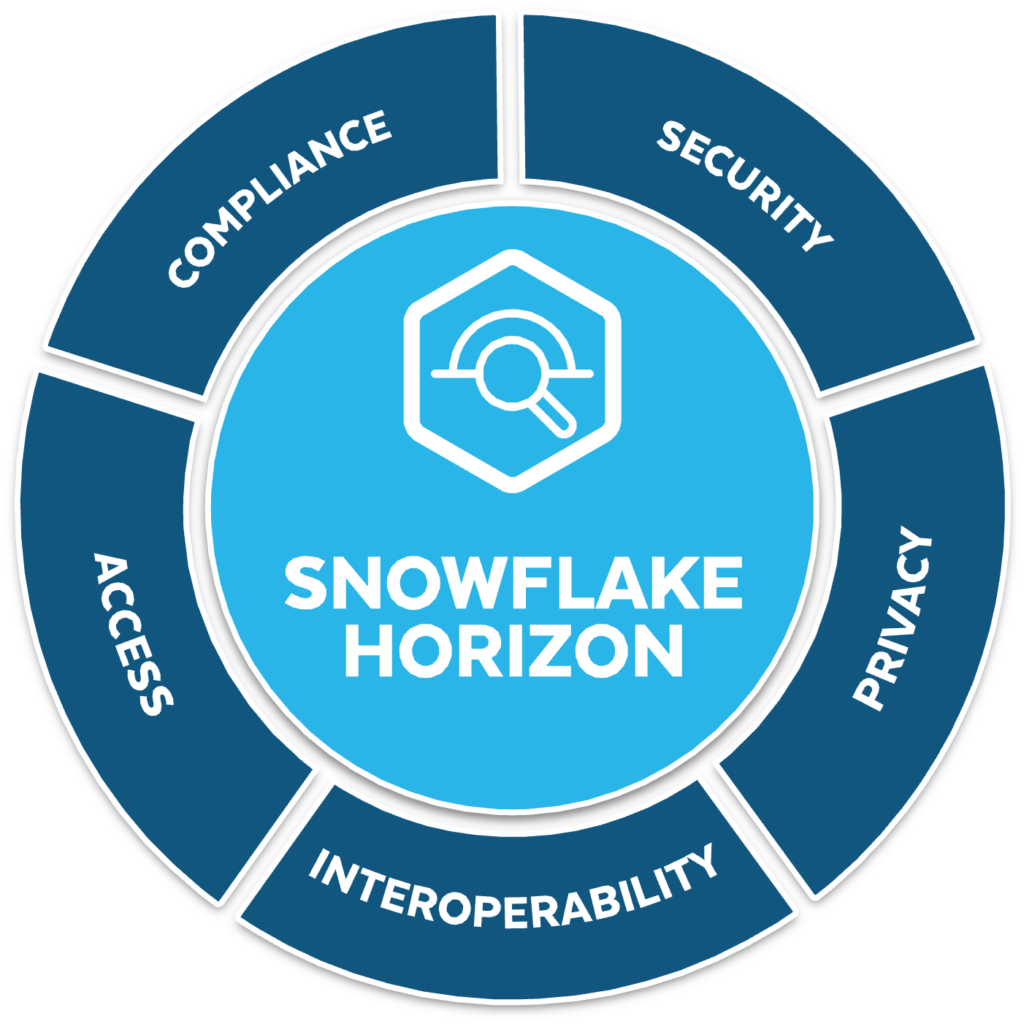Data Broker is the term used to define companies that actively collect, aggregate, and sell data. These companies generally collect data from various sources to clean and enrich it, to be able to sell it to third parties. These third parties use this consolidated data to, for example, later on, target users on specific marketing campaigns, study market trends, or design new products based on user behavior.
The data collected can come from any source, such as user consumption behaviors on e-commerce websites, what users look for in search engines, and financial or census data. Data brokers can actively collect the data, buy it from third parties, or crawl the internet searching for valuable information. Generally, the collected data comes from social media, browser history, purchase behavior, and government public information.
Data brokers then transform and combine this information to cross-reference results and enrich the data to provide the most detail about individual users in the most granular way possible. After this is done, data brokers use this information to create segments or audiences of users with similar behaviors and then sell the data divided by those segments. The division is done to satisfy buyers’ demand for different buyers. An example would be an ad agency interested in specific user segments with similar consuming behaviors for a marketing campaign and a financial company looking to construct fraud indicators or credit scores for online payments. These companies will receive information aggregated differently, with a different granularity set, although the source information might be the same for the data broker.
Data brokers often don’t sell the data. Instead, it is licensed to the third party to be used in a limited way. This information is frequently accessed programmatically via APIs limited to the number of requests or data consumption by the data broker, according to the specific use agreed in the subscription.
Although the term Data Brokers is mainly associated with companies selling user data, some companies also sell environmental data that might be useful to build products that make real-time predictions. Examples of this are companies selling traffic information to provide real-time analytics and forecasts for transportation companies or companies providing real-time wind data to predict energy prices generated by wind farms.
Cloud Data Security with Satori
Satori, The DataSecOps platform, gives companies the ability to enforce security policies from a single location, across all databases, data warehouses and data lakes. Such security policies can be data masking, data localization, row-level security and more.
Learn more:



